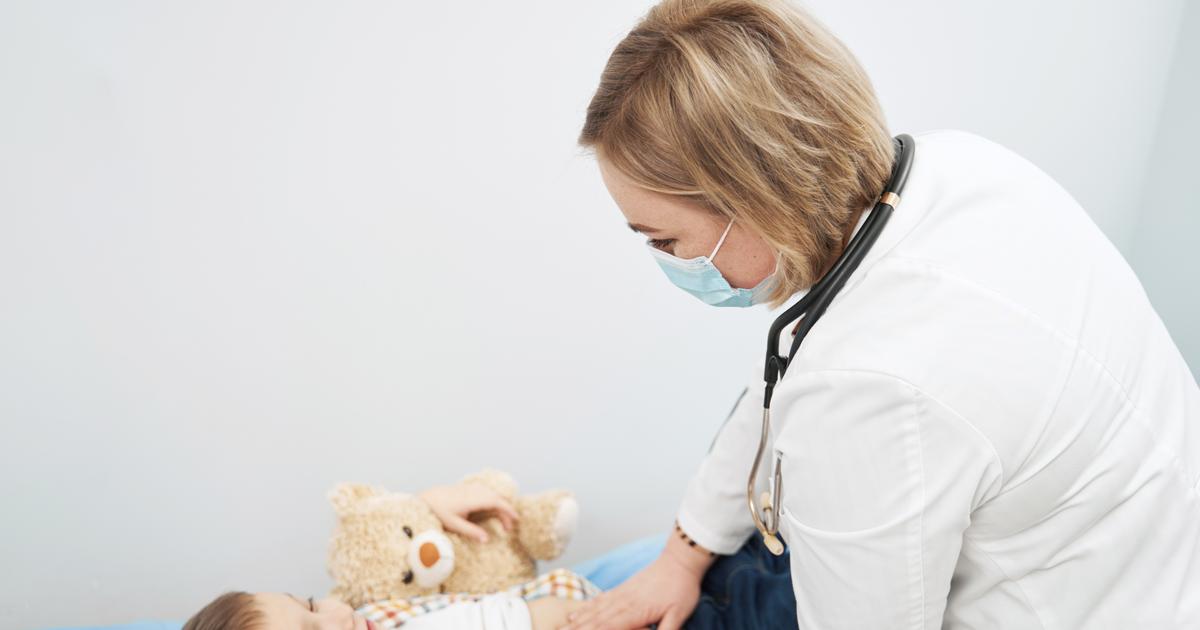Prevalence of chronic diseases, risk of giving up treatment, carrying out screening tests... Social inequalities are felt within the health system, highlights the 2022 report on the state of health of the population in France published on Wednesday .
From an early age, the disparities are marked between children according to the socio-professional category of their parents: twice as many children of workers as children of executives find themselves overweight in the large section of kindergarten, notes the Drees.
Read alsoWhy French hospitals are easy prey for cybercriminals
If the prevalence of vision problems is identical, the children of workers are less likely than those of executives to wear glasses (31% against 37%), according to the report of the statistical service of the social ministries.
Throughout life, the risk of developing a chronic disease, with the exception of certain cancers, is higher among the poorest people than among the wealthiest.
Consequences of medical deserts
The poorest 10% of French people thus develop diabetes 2.8 times more often than the wealthiest 10%.
The risk of developing a chronic disease of the liver or pancreas is also 2.4 times higher for the poorest compared to the wealthiest, and twice for psychiatric illnesses.
Read also Pensions: the great inequalities of the very expensive special plans
Only the case of cancers stands out: they would occur “
a little less frequently in people with the most modest standards of living
”.
Affluent people are "
often taken care of for prostate and breast cancers
", and modest people for lung cancer, notes the Drees.
But this can be explained by a lower use of screening tests: in 2019, women aged 50 to 74 who had never had a mammogram were 24% among the wealthiest against 39% among the most precarious.
The renunciation of care also affects the most modest more, accentuated by the medical deserts in certain territories.
For the DREES, these disparities can be explained, in part, by “
different lifestyles according to social background
”.
Among the most modest, the diet includes fewer fruits and vegetables, with more obesity, also notes the statistical service.

